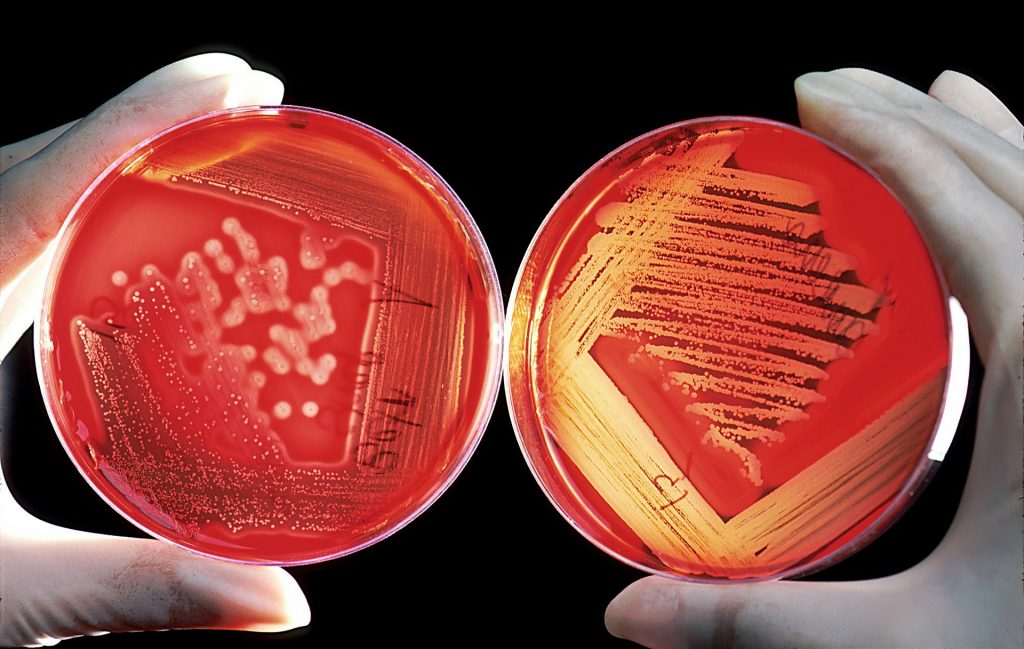Have a pet to prevent obesity and allergies!
Exposure of babies to pets when they are very young may help reduce the risk of allergies and obesity in their lives, according to a new scientific study.
Two microbes linked to reduced childhood allergies and obesity: Ruminococcus and Oscillospira. Researchers found that babies in families with pets were more exposed to these two microbes. This allows them to develop immunity. They discovered that immunity can be passed on even to infants in the womb. In other words, it may be sufficient to even have the animal at home during the mother’s pregnancy.

There is a period when intestinal immunity and microbes develop together. This process can offer microbial advantages to the child’s gut microbiome.
Kozyrskyj’s team observed the beneficial effects of having a pet on infants’ health in a previous study published in 2013 by the same team, but the study included only 24 babies. The same team analyzed faecal samples collected from 746 infants that were part of the Canadian Healthy Infant Longitudinal Development Study (CHILD) study. Mothers had at least one fur pet and 70 per cent of them were dogs.
Faecal samples from exposed babies were compared with those from ones who lived in a home with no pets. Levels of beneficial Ruminococcus and Oscillospira germs in exposed infants were almost twice as high.
If children are exposed to small amounts of these friendly bacteria when they are young, their risk of developing health problems such as asthma later in life decreases.
That the mere presence of pets may provide a boost to the health of very young children; Moreover, they proved that this is not just dependent on the gut microbiome.
Previously, it was found that pets are beneficial for the social development of children with autism, reduce children’s anxiety and stress, and even provide better companionship than siblings. The responsibility of having a pet in babies and the undeniable joy of repairing positively affect their health.
The pollution of fur animals is about to become acceptable to scientists due to their naturally occurring microbial benefits. Thus, the concept of a “dog in a pill” treatment to prevent allergies and obesity may be just around the corner.
The pharmaceutical industry may try to produce a boost of these microbiomes. This is more like what is done with probiotics



